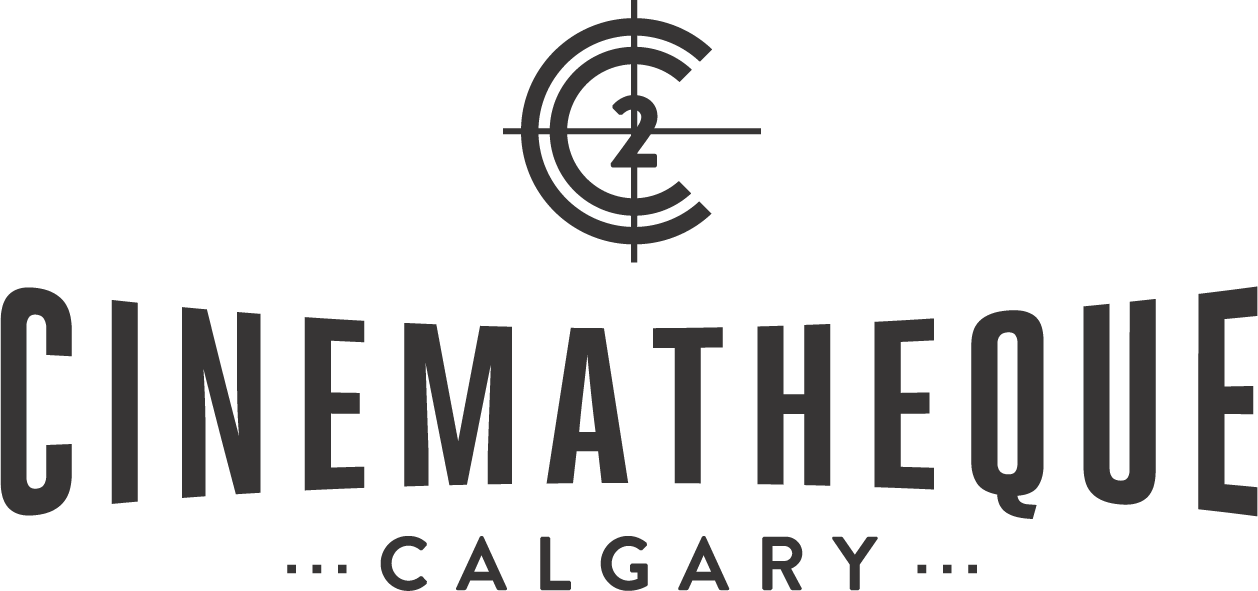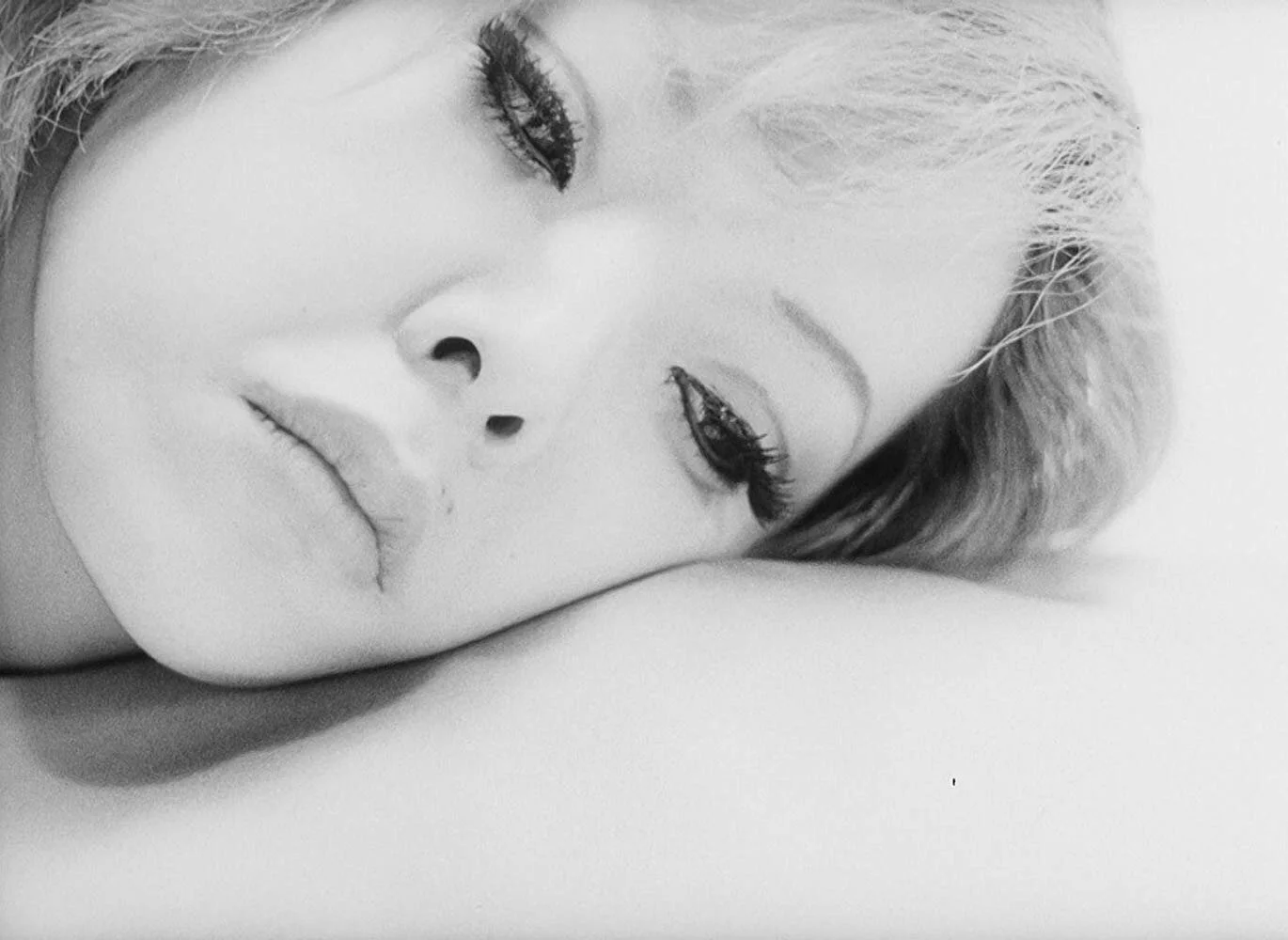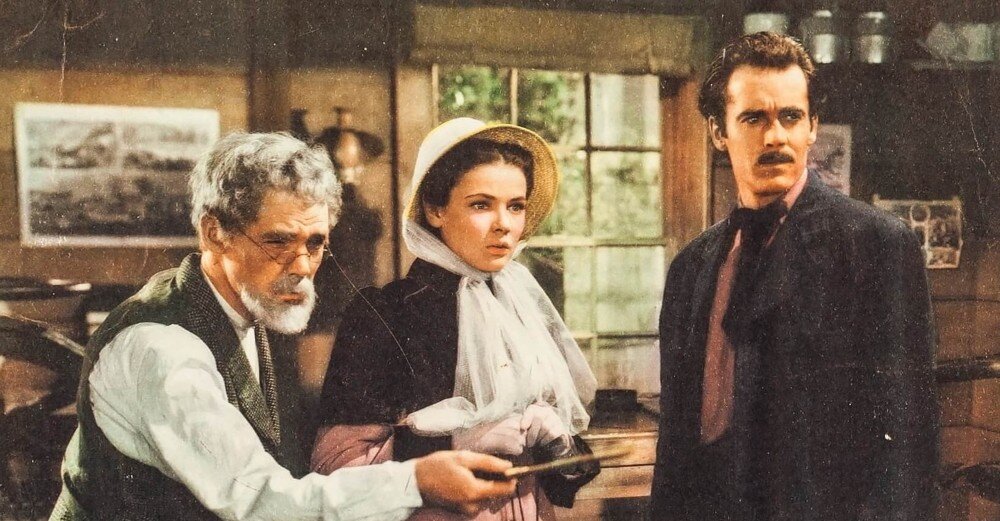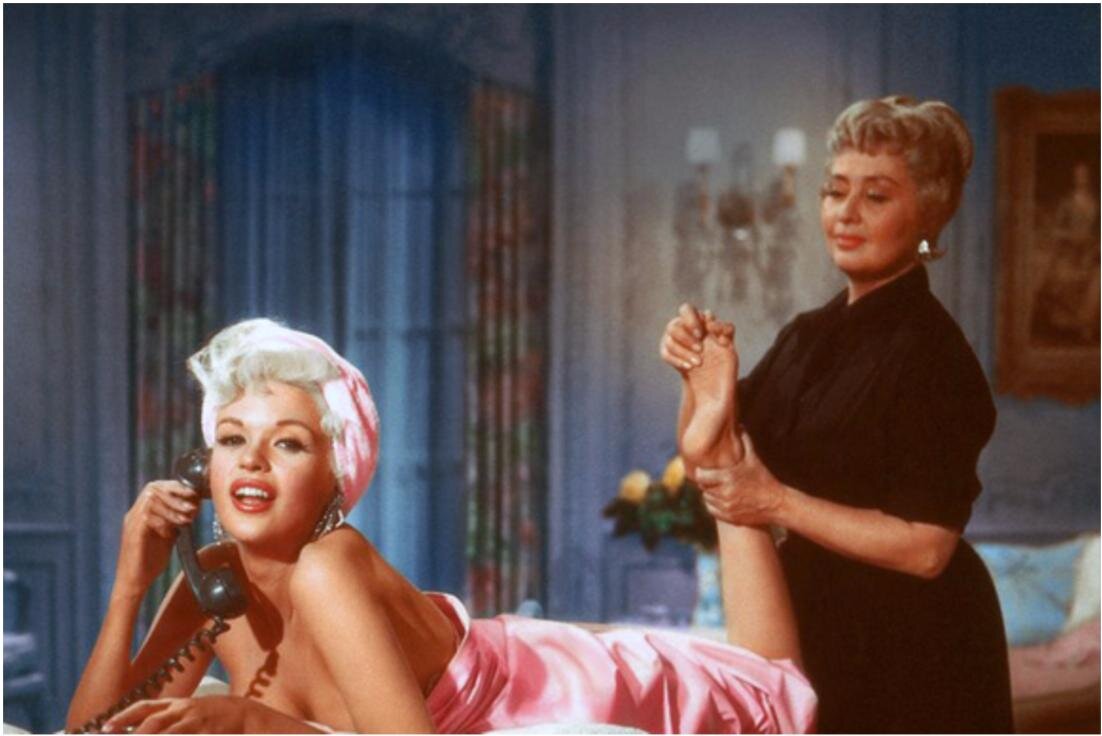next screening
Asako I & II (2018)
Directed by Ryūsuke Hamaguchi
Thursday, november 14th
7 PM, Globe cinema
Join us for our first Contemporary World Cinema selection of the season, Asako I & II (2018), the latest film from Ryūsuke Hamaguchi. Asako (Erika Karata) is a young woman living in Osaka who falls for an attractive and inscrutable young man named Baku (Masahiro Higashide). A fling ensues, but the relationship terminates on account of Baku’s sudden and mysterious disappearance. Two years later. Asako meets a bland salaryman named Ryôhei who happens to exactly resemble Baku. Slightly creeped out, Asako nonetheless enters into a tenuous romance with the doppelgänger.
This haunting romance competed for the Palme d'Or at the 2018 Cannes Film Festival and its Calgary Premiere not to be missed!




















